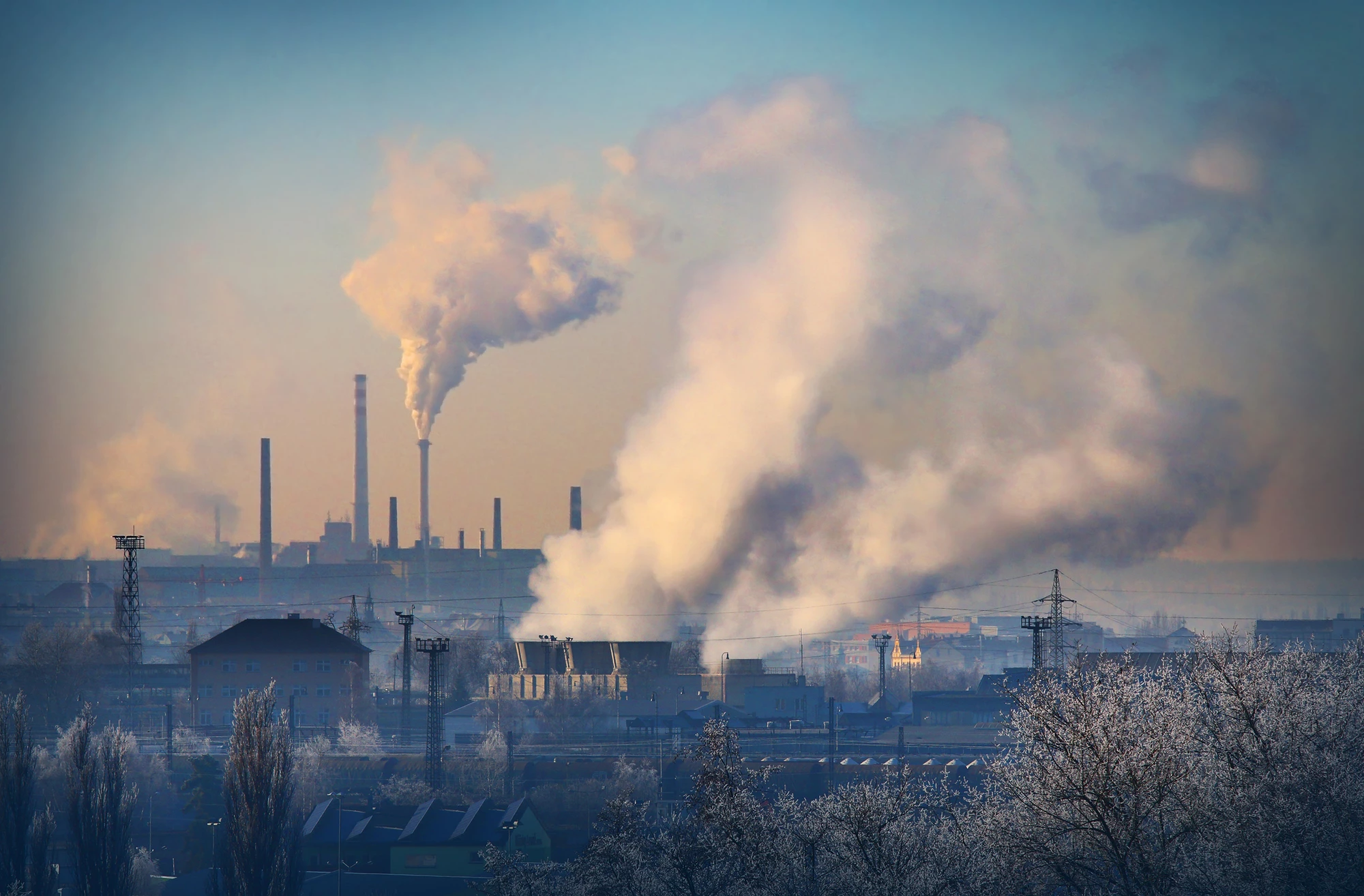While much of the criticism surrounding the burning of fossil fuels focuses on the long term impacts to the health of the planet, it can also have devastating short-term effects on the health of the human population. A new study led by Harvard scientists has shed new light on the extent of this problem, finding air pollution arising from fossil fuels to be responsible for more than eight million deaths around the world in 2018.
The study was carried out in collaboration with scientists from the University of Birmingham, the University of Leicester and University College London (UCL), and focuses on a type of air pollution called particulate matter (PM) 2.5, which refers to very fine dust particles measuring less than 2.5 microns in size.
These can arise from a variety of sources including forest fires, the tailpipes of cars and trucks, and the burning of fossil fuels. Due to their tiny size, they can penetrate the lungs and blood stream and, through chronic exposure, lead to health issues such as asthma, lung cancer, coronary heart disease and stroke.
“Burning fossil fuels produces fine particles laden with toxins that are small enough to penetrate deep into the lungs,” says UCL’s Professor Eloise Marais, study co-author. “The risks of inhaling these particles, known as PM2.5, are well documented. Our study adds to the mounting evidence that air pollution from ongoing dependence on fossil fuels is detrimental to global health. We can’t in good conscience continue to rely on fossil fuels, when we know that there are such severe effects on health and viable, cleaner alternatives.”
Marais and her colleagues looked to build on previous assessments of PM2.5 pollution, which used satellite and surface observations to calculate concentrations across the globe but are unable to distinguish between PM2.5 arising from fossil fuels and those coming from other sources, such as wildfires and dust.
The scientists used an advanced atmospheric chemistry model developed at Harvard to tease out the finer details, combining this with emissions estimates from different sectors such as power generation, transport and industry. The team then used oxidant-aerosol chemistry simulations from NASA to calculate the concentrations of PM2.5 pollution from fossil fuels in different locations, with its system able to divide the entire globe into segments as small as just 50 x 60 km (31 x 37 mi).
Combining this high spatial resolution with data on where people live, the team was able to draw more detailed conclusions on the type of air people are inhaling on a daily basis. The team then developed a new risk assessment model based on updated research into the links between long-term exposure to PM2.5 pollution, even at low concentrations, and health outcomes and mortality.
In doing so, they found a far higher mortality rate resulting from long-term exposure to fossil fuel emissions. Previously, the most comprehensive study of death from all sources of outdoor particulate matter placed the number of yearly deaths at 4.2 million, including sources like dust and smoke from fires. The authors of the new study conclude that in 2018, fossil fuel emissions alone were responsible for 8.7 million deaths, which is almost one fifth, or 18 percent, of the global total.
“Often, when we discuss the dangers of fossil fuel combustion, it’s in the context of CO2 and climate change and overlook the potential health impact of the pollutants co-emitted with greenhouse gases,” says co-author Joel Schwartz, Professor of Environmental Epidemiology at the Harvard. “We hope that by quantifying the health consequences of fossil fuel combustion, we can send a clear message to policymakers and stakeholders of the benefits of a transition to alternative energy sources.”
The research was published in the journal Environmental Research.




